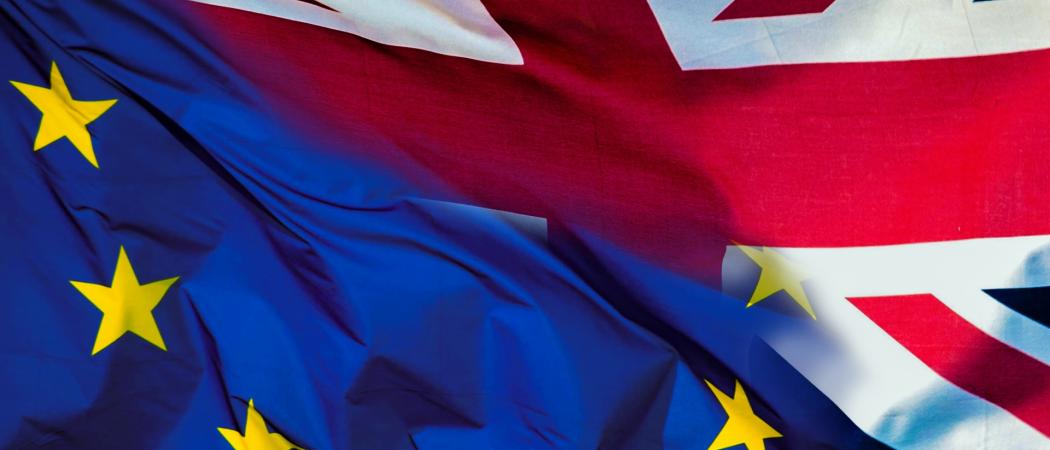In a paper setting out its negotiating terms, the government calls for a far reaching-science and innovation pact and says it will respect the remit of the European Court of Justice

The UK this week set out its terms for a future science relationship with the EU, calling for a close partnership in which it has a greater say over the shape of the next research programme, Horizon Europe, than any other associate member.
“We would look to agree an appropriate level of influence on the shape of the programme. This should be greater than current non-EU precedents, recognising the quality and breadth of the UK’s contribution,” the government says in new policy paper published on Wednesday.
In return, the UK will make “a fair contribution to programme costs,” and will “respect the remit of the Court of Justice of the European Union.”
The paper is one of a series published by the UK to set out how it wants to shape the future relationship with the EU after the withdrawal agreement is concluded.
However, it is also an attempt to start moving things forward now, even though the terms on which the UK leaves are currently stuck in an insoluble row over future customs arrangements.
Despite the impasse the paper addresses EU negotiators directly saying, “We should not wait where we do not need to. We are looking to discuss the detail of the future partnership, and will work with you as you design the shape of the future programmes.”
Amongst other terms, the UK would like to continue to participate in the research arm of the EU's civil nuclear body Euratom, in line with the Swiss precedent. At stake is the £52 million a year Euratom provides the Joint European Torus fusion facility based in Oxfordshire.
Last year, involvement in the programme after Brexit was ruled out because although Euratom is not part of the EU, membership requires being subject to the jurisdiction of the European Court of Justice, then an unacceptable requirement for the UK.
The UK also attempts to head off demands to give up two European research infrastructures, saying it wants to carry on hosting the microbiology research programme Instruct and the European Social Survey (ESS). The ESS, located at City University London, carries out interviews in 30 countries every two years to measure attitudes and beliefs. Instruct, located at Oxford University, is a study into the building blocks of proteins, viruses and cells.
So far, the UK has found itself on the back foot in Brexit negotiations, but the government is belatedly facing up to the risk of losing participation in key EU projects.
The EU has said the UK will automatically be excluded from the Galileo satellite navigation system once it becomes a third country in March 2019, because of the security arm of the system that only EU members can use.
The European Commission has already started excluding UK and its companies from the encrypted part of Galileo, which is used by the military to guide missiles and plan operations. A backup facility for receiving military data from Galileo has been moved from the UK to Spain.
Full association
In a speech on Monday, UK prime minister Theresa May reiterated that the UK wanted “full association” to the next EU research programme, Horizon Europe, starting in 2021. The prime minister said that in return for paying an “appropriate” membership fee, the UK should look to maintain “a suitable level of influence in line with that contribution and the benefits we bring.”
While the document remains unclear on immigration arrangements for scientists going to work in the UK after Brexit, it does says the future relationship should be “underpinned by researcher mobility.”
In her speech May said the UK “will always be open to the brightest and the best” but agreeing to free movement of EU nationals would be politically difficult, after promises by the government to cut immigration post-Brexit.
The prime minister has been struggling to unite the government over the terms of the UK’s divorce from the EU, with her cabinet split on future customs arrangements.
Still, research clout is one of a few real bargaining chips the UK has in talks. The 27 other EU leaders would be happy to keep collaborating with the UK on science, although they have warned that there has been not enough progress in the negotiations in recent months, most importantly on how to avoid checkpoints on the border between the Republic of Ireland and Northern Ireland.





 A unique international forum for public research organisations and companies to connect their external engagement with strategic interests around their R&D system.
A unique international forum for public research organisations and companies to connect their external engagement with strategic interests around their R&D system.